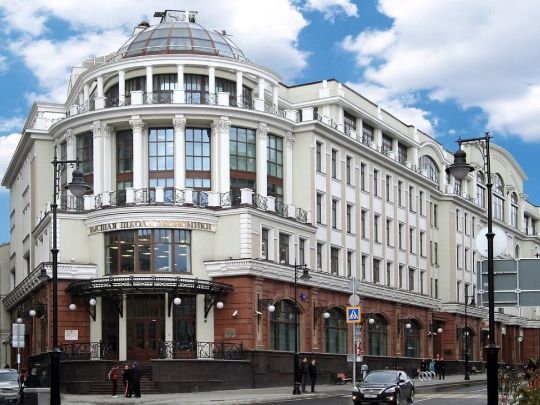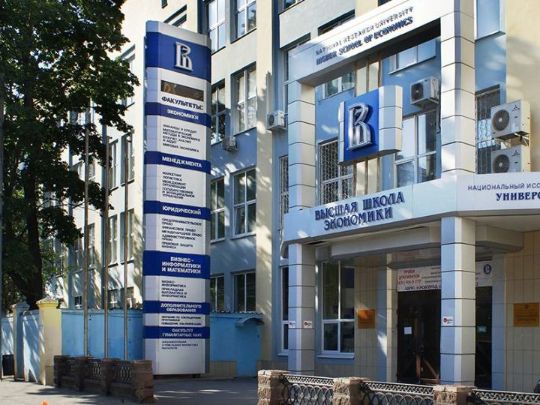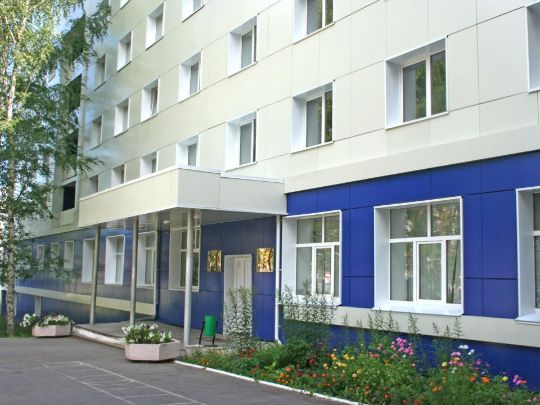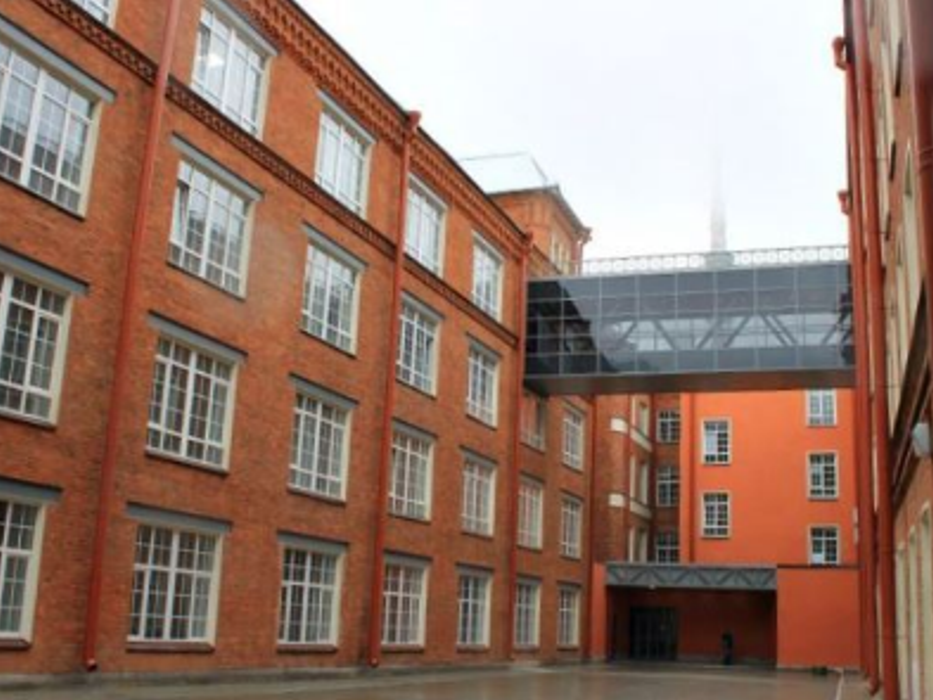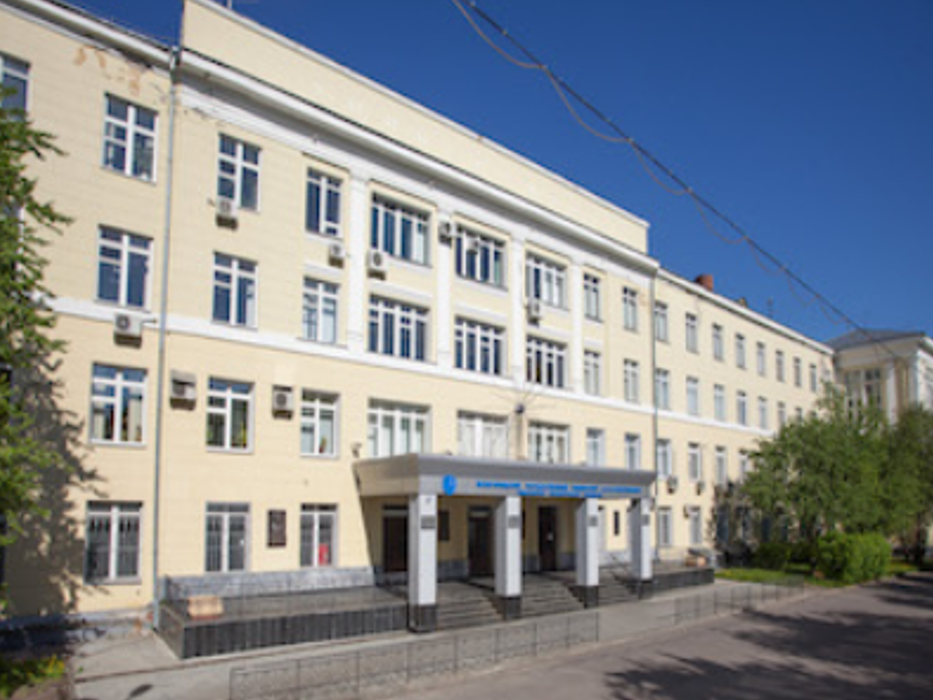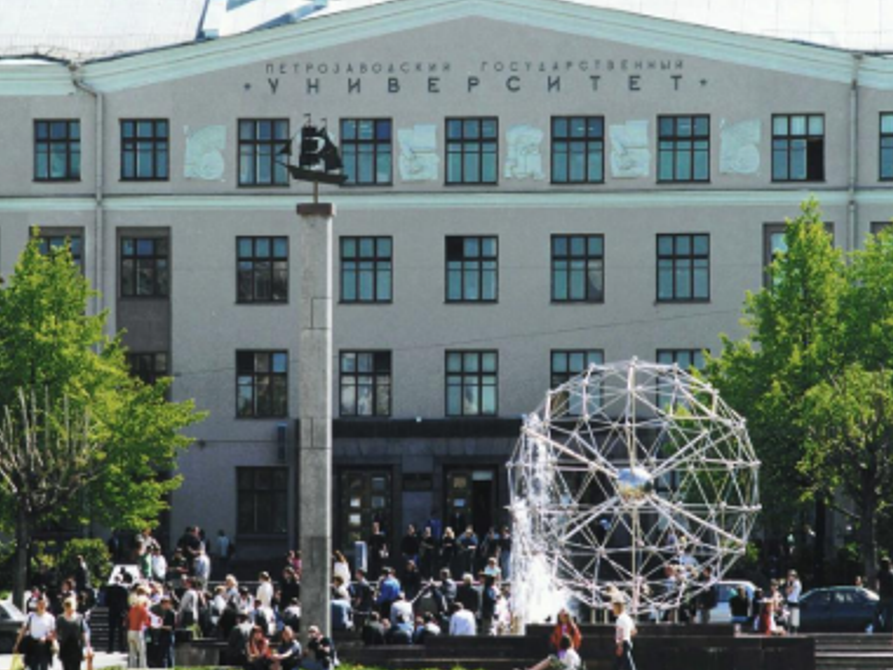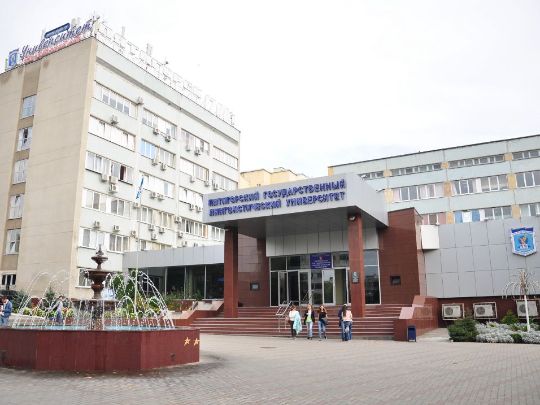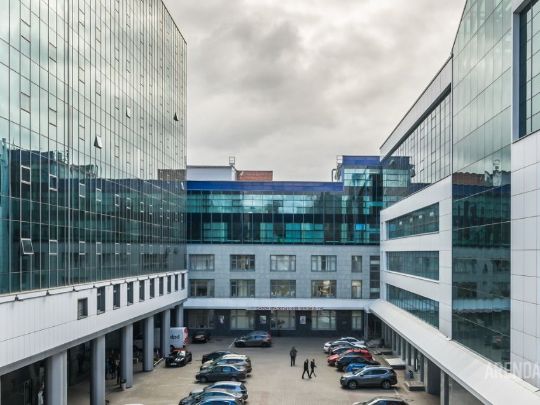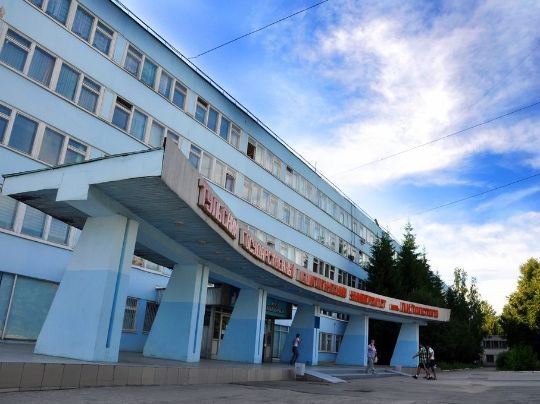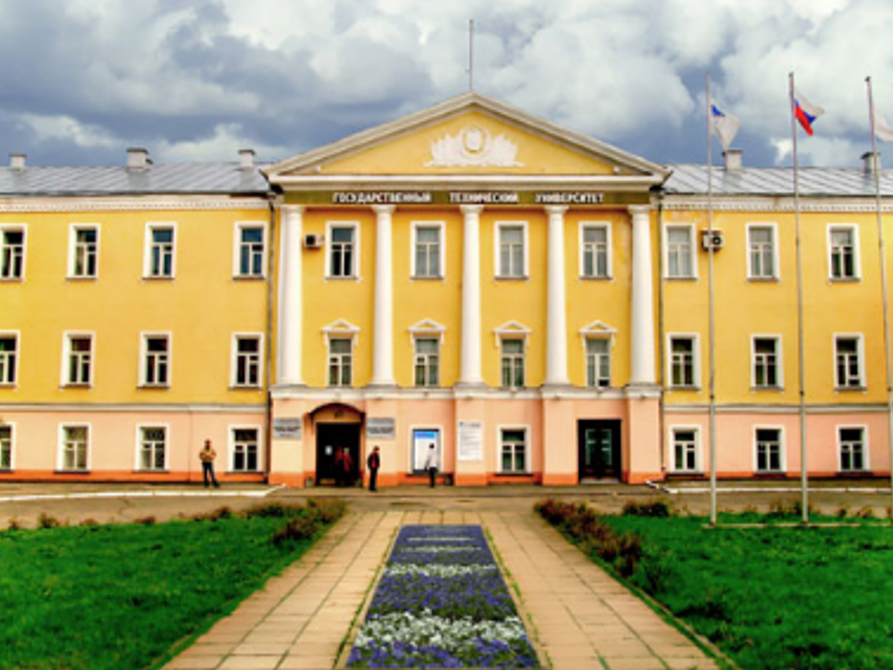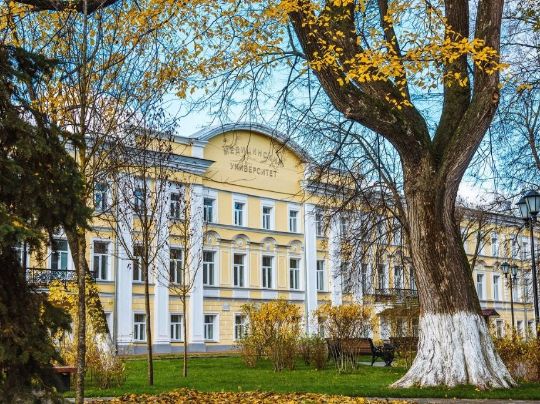Higher education in Russia
General information
The modern higher education system in Russia is well comparable with world's best practices:
- preparatory year for foreigners aiming on studies in Russian language: Russian language studies + basic disciplines, much like Foundation
- undergraduate level: Bachelor's degree (4-years 240 ECTS) or 5-years Specialist diploma
- postgraduate level: Master or Specialist diploma (2-years 180 ECTS)
- aspirantura (Ph.D. degree studies)
- credit transfer system based on ECTS
- worldwide academic exchange programs with credit transfer
- european diploma supplement
Language of instruction
For most programs, especially at a Bachelor/Specialist level, the language of instruction is Russian. This requires solid knowledge of Russian proved by a TORFL (Test of Russian as a Foreign Language) certificate for direct admission, or can be acquired during a preparatory year.
However, during last decades the number of degree programs completely taught in English has increased. Programs in English can be found mostly at a Master degree level and require advanced English language proficiency proven by an official test certificate.
Tip: tuition fee for the programs in Russian are lower than English ones.

Bachelor's degree
Russian Universities offer international students a wide range of bachelor degree programs in the Russian and English languages.
The first 2-year study level depending on your major includes a few specialty oriented modules - natural sciences, mathematics, socio-economics, humanities, etc. The courses of the next 2 years of study include advanced profession-oriented modules, electives from your major and training in industrial and other companies. A Bachelor's degree holder could be employed as a middle-rank specialist.
Note! The holder can continue his/her studies to earn the Engineer's/Specialist's (1 year) or Master's Degree (2 years).

Engineer / specialist
Russian universities offer international students a wide range of Engineer/Specialist programs both in Russian and in English.
The professional study courses leading to the Engineer's/Specialist's ensure the training of well-qualified professionals in engineering and technology (Engineer) or in economics, humanities, etc. (Specialist). The engineer's courses include special disciplines and modules in modern technology and technological equipment oriented towards engineering creativity and invention, carrying out the interdisciplinary projects, and industrial training.
Note! The Engineer's/Specialist's and the Master's degree are equal both for recognition and post-graduate education in Russia and overseas.

Master's degree
Note! Master's Degree holders have the opportunity to continue their research and to earn Ph.D. after 1-2 years.

Doctoral studies
Partner universities
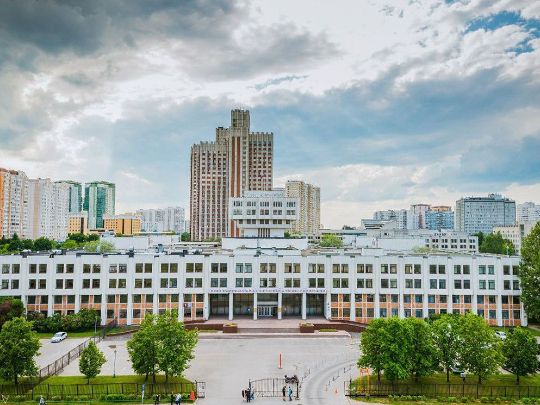
Geneva Business School
Moscow
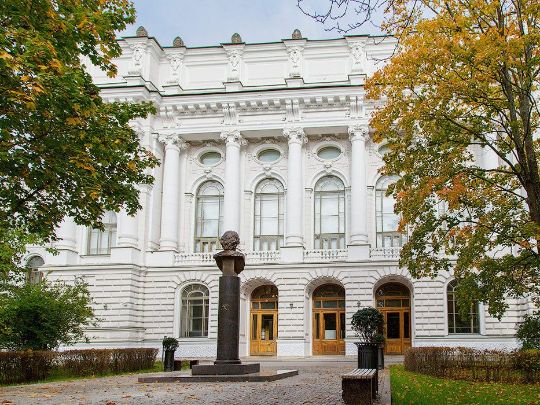
Peter the Great St.Petersburg Polytechnic University (SPbPU)
St.Petersburg
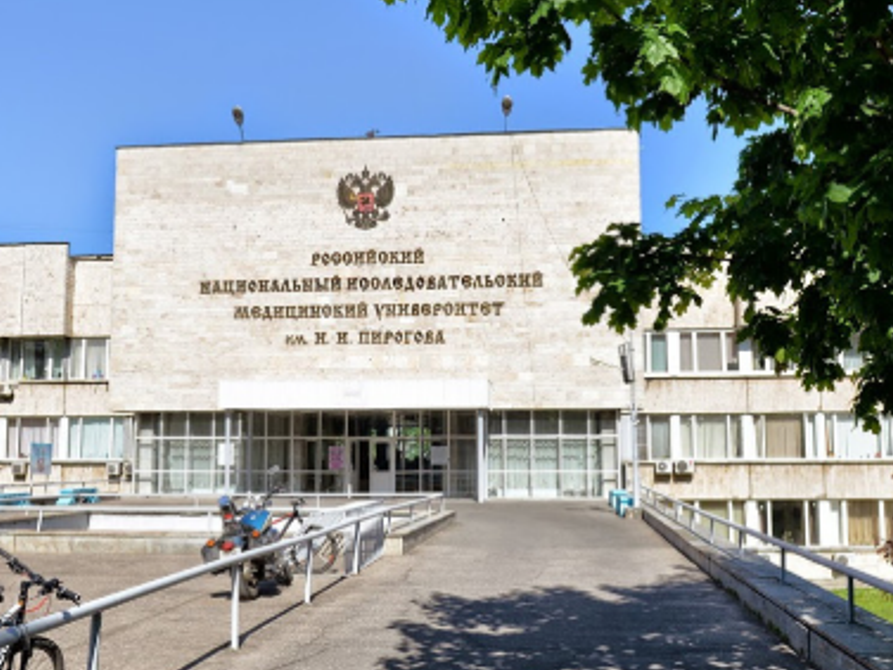
Pirogov Russian National Research Medical University
Moscow
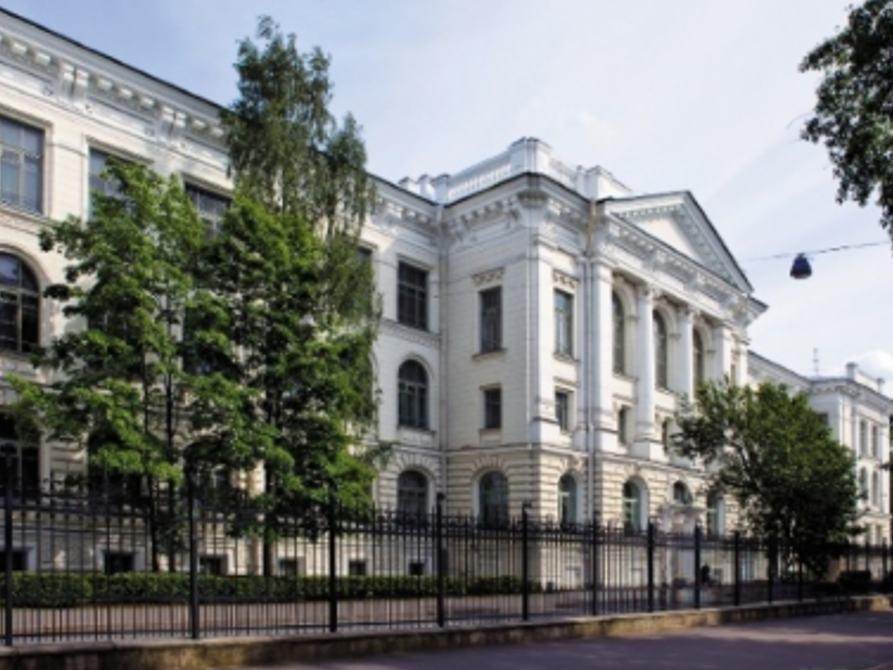
St. Petersburg Polytechnic University
St. Petersburg
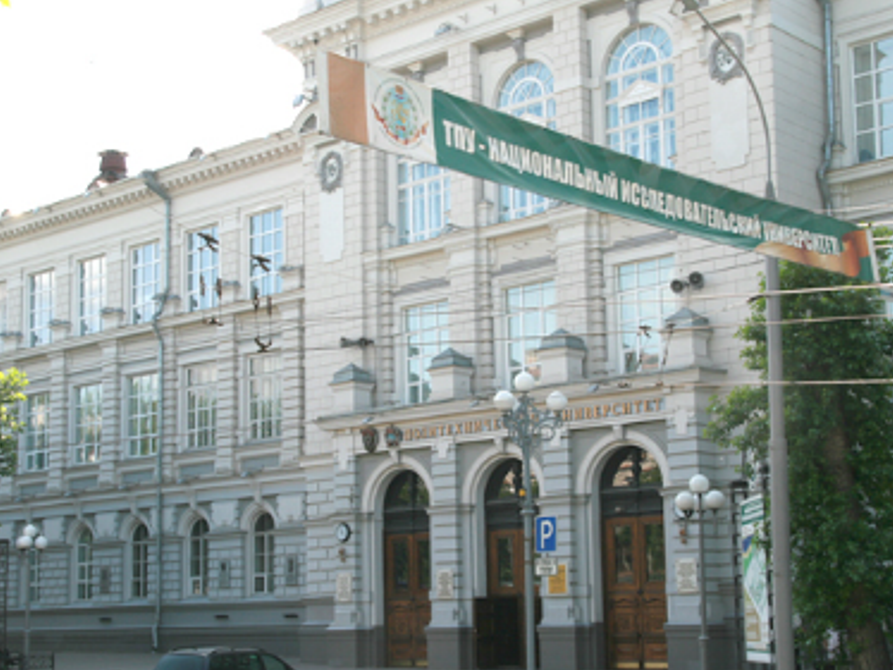
Tomsk Polytechnic University
Tomsk
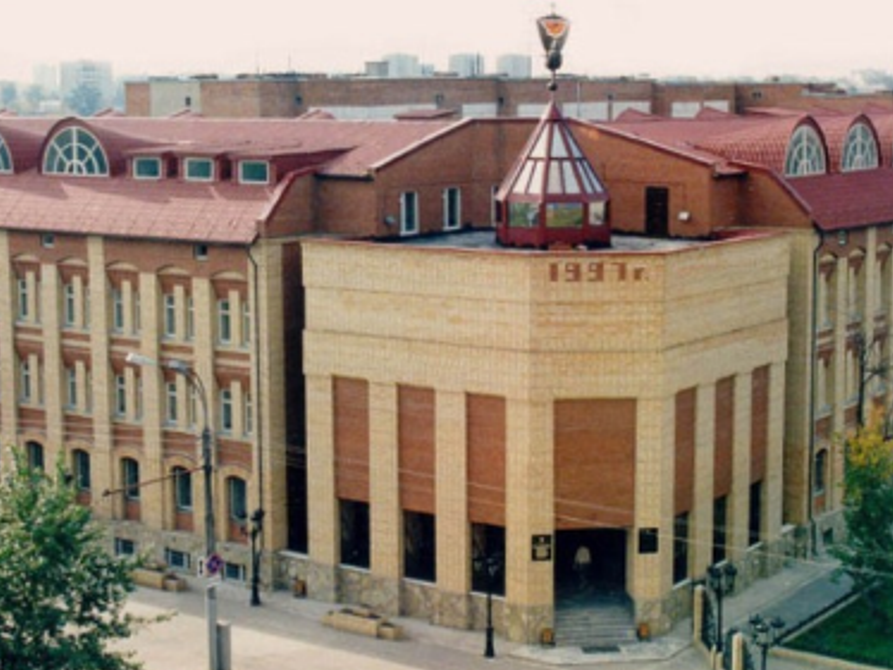
University of Tyumen
Programs YOU CAN CHOOSE
Medicine
- Biology
- Clinical psychology
- General medicine
- Medical biochemistry
- Medical biophysics
- Medical cybernetics
- Pediatrics
- Pharmacy
- Social work
- Stomatology
- etc
STEM
- Architecture
- Computer and information science
- Electronics
- Electrical & heat power
- Engineering
- Equipment & technology of construction
- Equipment & technology of land transportation
- Industrial ecology & biotechnology
- Materials science & technology
- Mathematics and mechanics
- Mechanical engineering
- Nuclear power and technology
- Physics and astronomy
- Technosphere safety & environmental engineering
- etc
Other majors
- Administration
- Art & design
- Economics and management
- Educational & pedagogical sciences
- Linguistics and literature
- Mass media & information-library science
- Political and region studies
- Russian as foreign language
- Service & tourism
- Social studies
- etc
STUDY MEDICINE IN RUSSIA AT:
1. Altai State Medical University
2. Astrakhan State Medical University
3. Bashkir State Medical University
4. Belgorod State National Research University
5. Chechen State University
6. Chuvash State University named after I.N. Ulyanov
7. Crimean Federal University named after V. I. Vernadsky
8. Dagestan State Medical University
9. Far Eastern Federal University
10. Immanuel Kant Baltic Federal University
11. Irkutsk State Medical University
12. Ivanovo State Medical Academy
13. Izhevsk State Medical Academy
14. Kabardino-Balkarian State University
15. Kazan Federal (Volga) University
16. Kazan State Medical University
17. Kemerovo State Medical Academy
18. Kuban State Medical University
19. Kursk State Medical University
20. Mari State University
21. National Research Ogarev Mordovia State University
22. National Research Nuclear University "MIFI"
23. North Ossetian State Medical Academy
24. North-Eastern Federal University named after MK Ammosov
25. Northern State Medical University
26. Novosibirsk National Research State University
27. Omsk State Medical University
28. Orel State University
29. Orenburg State Medical University
30. Pacific State Medical University
31. Penza State University
32. Perm State Medical University named after E. A. Vagner
33. Privolzhsky Research Medical University
34. Pskov State University
35. Rostov State Medical University
36. Russian National Research Medical University named after N I Pirogov
37. Russian Peoples’s Friendship University
38. Ryazan State Medical University named after I P Pavlov
39. Saratov State Medical University
40. Siberian State Medical University
41. Smolensk State Medical University
42. St. Petersburg State Pediatric Medical Academy
43. Stavropol State Medical University
44. Tambov State University named after G.R. Derzhavin
45. The First Moscow State Medical University named after Sechenov
46. The First Saint-Petersburg State Medical University named after Pavlov
47. Tula State University
48. Tver State Medical University
49. Tyumen State Medical University
50. Ulyanovsk State University
51. Ural State Medical University
52. Volgograd State Medical University
53. Voronezh State Medical University named after N N Burdenko
54. Yaroslavl State Medical University
